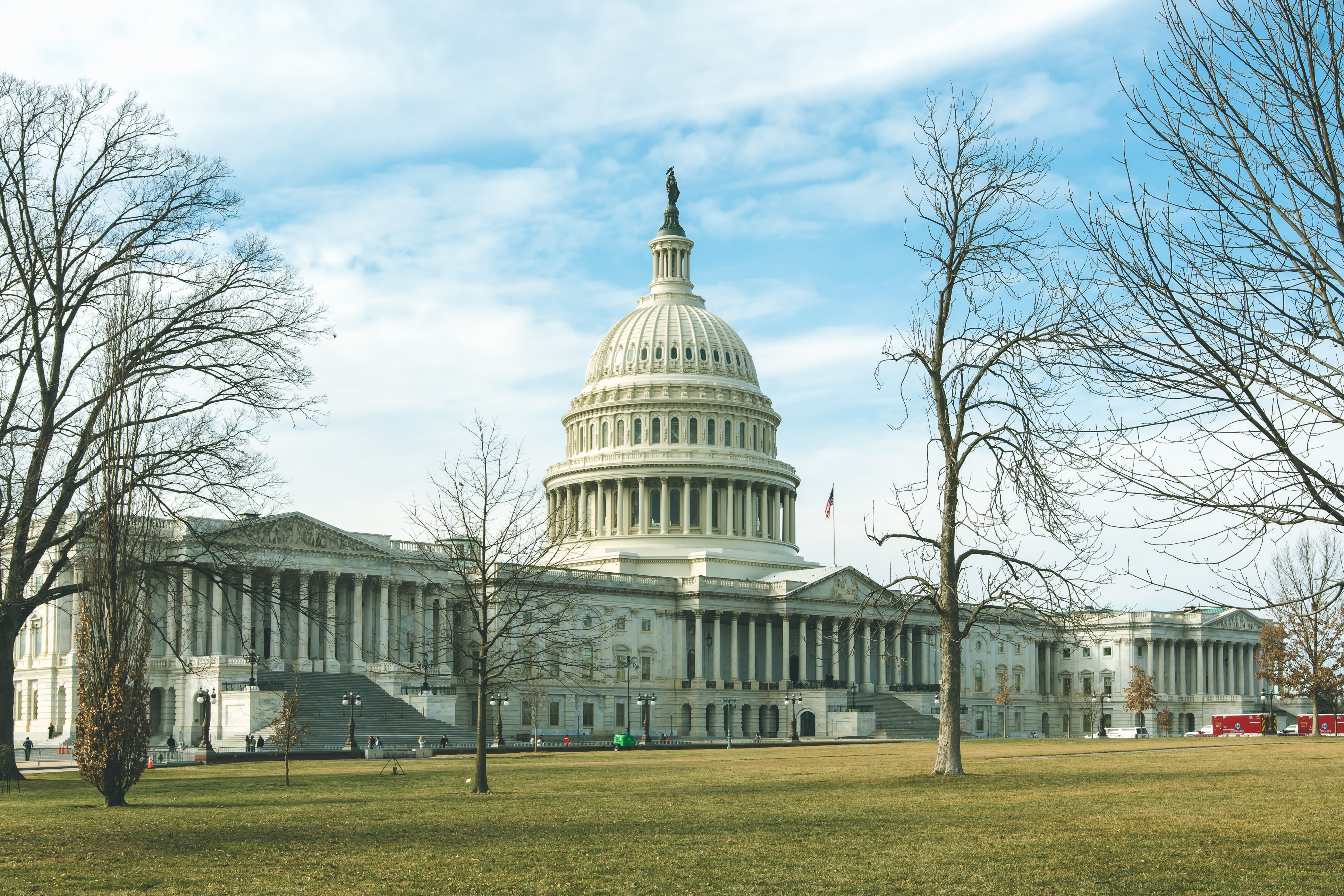On April 26, the House of Representatives passed a partisan bill (H.R.2811) that would raise the debt limit “in exchange” for deep spending cuts. The bill is the GOP’s opening offer—in response to the FY 2024 Biden budget proposal—for use in what Republicans hope will be negotiations to approve spending cuts in return for their support for raising the debt limit.
The bill—commonly referred to as “the McCarthy plan,” named after Speaker of the House Rep. Kevin McCarthy (R-CA), who is leading the GOP’s spending cuts/debt limit effort—passed narrowly, by a 217 to 215 vote. Four Republicans and all voting Democrats opposed the bill, which was approved by only GOP votes.
The “Limit, Save, Growth” Act now awaits Senate action. However, Senate Democrats are united in opposition to it, and Senate action on it is unlikely (except, perhaps, as a “message vote” to prove that it cannot pass the Senate).
H.R.2811 would impact NAIFA members and their clients, as it would virtually every American, particularly with respect to its provisions raising the debt limit. However, the bill does not contain any provisions of specific concern to NAIFA. The Congressional Budget Office (CBO) projects the bill, if enacted, would reduce U.S. spending by $4.8 trillion over ten years. The bill would:
- Increase in the debt limit to March 31, 2024, or by $1.5 trillion, whichever comes first.
- Cap the FY 2024 topline spending limit at the FY 2022 level, or less.
- Limit spending increases to no more than one percent for each of the next ten years.
- Repeal many of the “green energy” tax provisions enacted in last year’s Inflation Reduction Act.
- Cancel the President’s student loan forgiveness proposal.
- Expand work requirements to qualify for Medicaid, SNAP (Supplemental Nutrition Assistance Program), and TANF (Temporary Assistance to Needy Families).
- Rescind unspent/unobligated COVID relief funds.
- Reform of energy regulation process (permitting program).
- Repeal most ($80 billion) of the new funds allocated last year to the Internal Revenue Service (IRS).
- Require Congressional approval of major regulatory proposals.
House Republicans were and are upfront about the bill’s goal: to trigger negotiations on a package that will raise the statutory debt ceiling (and thus prevent default by the U.S. on its existing obligations), and a spending cuts plan. It is unclear at this point whether the bill will do that.
On May 10, President Biden met with Congressional leaders – the so-called “Four Corners” comprised of Senate Majority Leader Sen. Chuck Schumer (D-NY), Senate GOP Leader Sen. Mitch McConnell (R-KY), Speaker of the House Rep. Kevin McCarthy (R-CA), and House Democratic Leader Rep. Hakeem Jeffries (D-NY). While they all reported no movement after the hour-long meeting, they did agree to meet again. Staff is now meeting to try to hammer out a way forward ahead of the next principals’ meeting on May 12.
Senate Democrats roundly criticized the bill, and President Biden continues to repeat his vow to not negotiate on the debt limit issue. However, there are signs that the Republicans and Democrats could open talks about spending cuts/deficit reduction. There is at least talk among rank-and-file lawmakers about potential areas of common ground: e.g., creation of a commission to address the burgeoning federal deficit, work requirements for social welfare programs, a topline spending cap for the upcoming fiscal year, etc.
Whether these talks can take root seemingly depends on getting past the basic area of disagreement: whether spending cuts can be negotiated without tying those cuts to the debt limit. Republicans say “no.” Democrats insist on such separation. So far, there’s no sign of a resolution to this basic question. However, virtually all lawmakers agree that the U.S. cannot be allowed to default in any way on existing debt.
NAIFA Staff Contacts: Diane Boyle – Senior Vice President – Government Relations, at dboyle@naifa.org; Jayne Fitzgerald – Director – Government Relations, at jfitzgerald@naifa.org; or Michael Hedge – Senior Director – Government Relations, at mhedge@naifa.org.






.png?width=600&height=90&name=Support%20IFAPAC%20%20(600%20%C3%97%2090%20px).png)
